EFICOR was born as a response to a disaster in 1967. Over the last 50 years, we continue to respond to all major disasters with its emergency response, relief, rehabilitation and resilience building programme.
India is prone to calamities. According to Climate Risk Index 2025 “India is Affected by floods, heatwaves, and cyclones, India experienced devastating floods in 1993, 1998, and 2013, along with severe heatwaves in 2002, 2003, and 2015. The country faced more than 400 extreme events, causing USD 180 billion in losses.
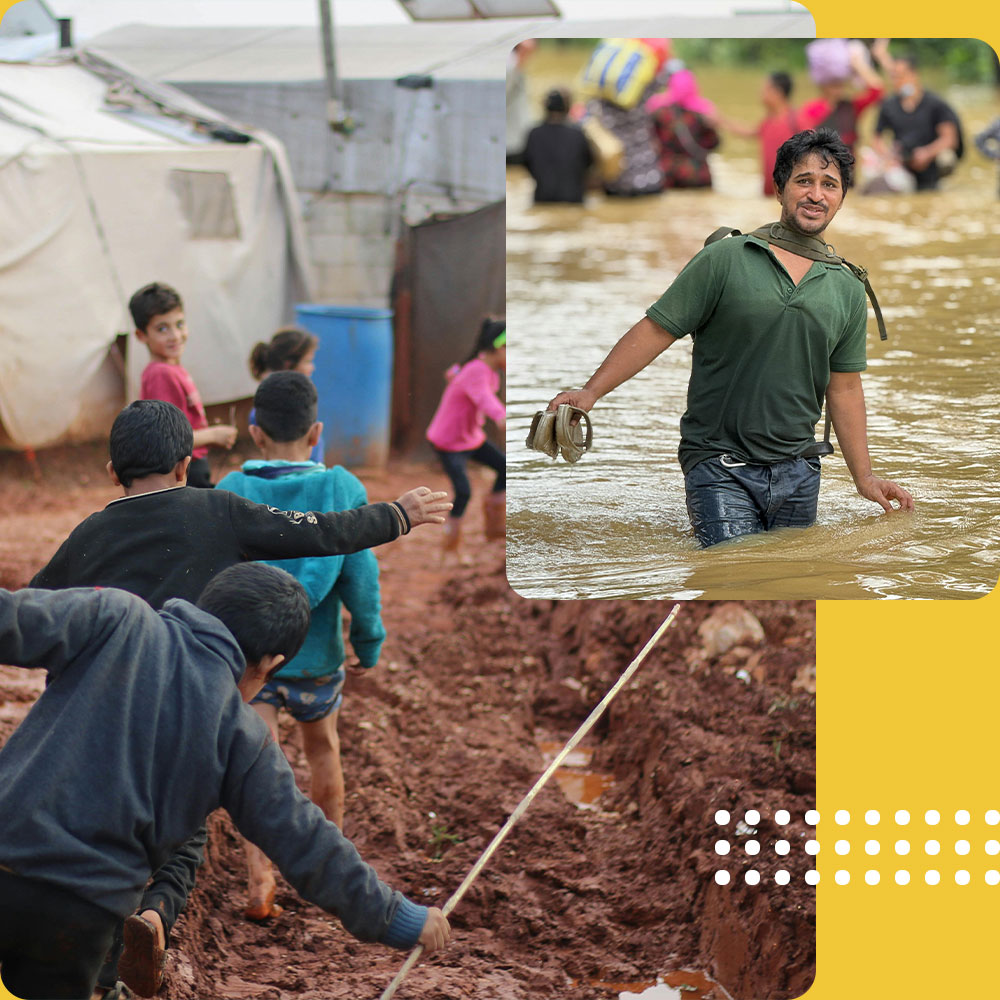
Our intervention includes Disaster Response experiences in situations of drought, cyclone, floods, and earthquakes. EFICOR responds to disasters within 72 hours, coordinating with civil society and government agencies. We train communities, volunteers, and organizations in disaster response, management, and resilience building.
Apart from emergency relief, EFICOR works with people to rebuild their lives in the aftermath of natural disasters. We have helped restore land for cultivation, helping people regain their means of livelihood, assisted with the reconstruction of houses etc.
To build resilience we provide training in Project Management and Disaster Management through workshops/ seminars for smaller local partners for ‘first response’.

Over the past decade, EFICOR has served 23,43,346 families through emergency response and relief in 16 states in India.
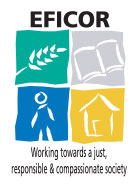
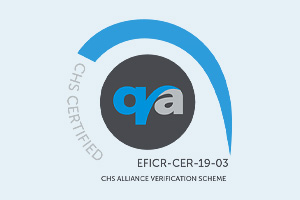
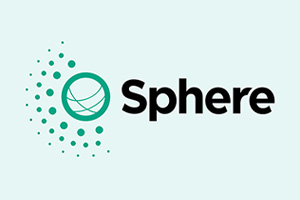
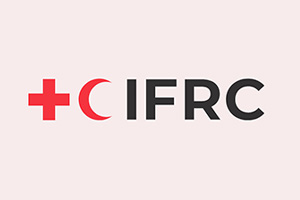
© 2022 EFICOR. All Rights Reserved. Site by NWD.